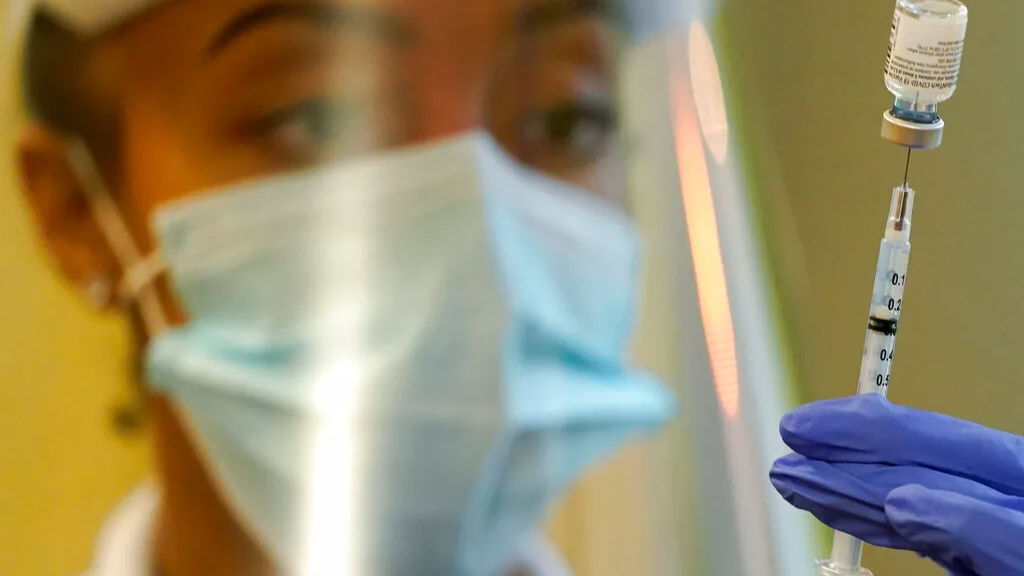Those who have received Johnson & Johnson’s COVID-19 vaccine are better off getting a shot of the Moderna or Pfizer-produced vaccine as a booster shot, according to a study conducted by the United States National Institutes of Health.
The study, which included more than 450 adult participants who have been inoculated in the United States, determined the impact of “mixing and matching” COVID vaccines. However, the study has not yet been peer-reviewed so far, according to US media reports.
Those who were involved in the trial had been vaccinated against COVID-19 using the three available vaccines — Pfizer, Johnson & Johnson and Moderna– in the United States.
Also Read: Pennsylvania sees rise in breakthrough COVID-19 cases
According to reports from CNBC, the volunteers were given an extra shot of a vaccine different than the original one. Two weeks after the jab was administered, the antibodies level were measured followed by another test in four weeks.
Even though all possible combinations indicated a higher antibody level in those who were tested, the most promising results were seen in Pfizer and Moderna’s boosters, according to US media reports citing the results of the study.
Those who received the Pfizer or Moderna booster demonstrated a four-fold increase in their antibody level when compared to the recipients of the Johnson & Johnson vaccine.
Also Read: CDC director stresses focus on unvaccinated as US rolls out booster shots
Researchers wrote in the study, “These data suggest that if a vaccine is approved or authorized as a booster, an immune response will be generated regardless of the primary COVID-19 vaccination regimen”, according to reports from CNBC.
The report added, “Heterologous prime boost strategies may offer immunological advantages to optimize the breadth and longevity of protection achieved with currently available vaccines.”
The findings published Wednesday are expected to be presented at a key Food and Drug Administration vaccine advisory committee meeting on Friday.







